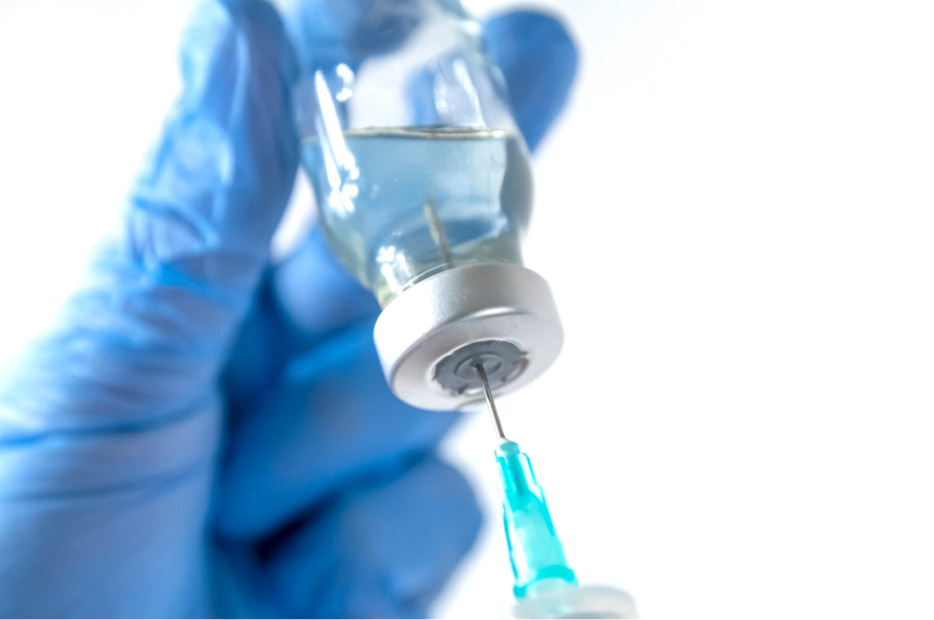What do you think of when you see “USP <800>”? Compounding?
While it may be true that a great portion of USP <800> is related to compounding, it actually pertains to any personnel that handle Hazardous Drugs or facilities that store HDs.
Every kind of pharmacy that handles Hazardous Drugs is affected, including; retail, Long Term Care (LTC), hospital, clinical, veterinary and of course compounding pharmacies.
There are no exemptions from USP <800>.
And failure to comply with the guidelines can mean letters of reprimand, fines, sanctions or even the closure of your facility until it can be brought into compliance.
The license of the pharmacy and of the pharmacist-in-charge can be at risk of receiving fines or losing the ability to practice.
Fine amounts vary by state, but in some places can reach hundreds or thousands of dollars. Several different government entities and regulators have jurisdiction to enforce USP <800>.
At the federal level, the Food and Drug Administration (FDA), and the Occupational Health and Safety Organization (OSHA), both have the ability to conduct inspections and issue penalties.
If you treat Medicare patients, you’ll also be subject to inspection by the Centers for Medicare & Medicaid Services (CMS).
State Boards and state Departments of Environmental Resources have adopted USP <800> guidelines and are committed to enforcement.
Pharmacy directors need to consider the financial and reputational consequences on the line in regards to safe practices.
USP <800> Compliance Deadline
Some state boards of pharmacy have already begun implementation and are actively conducting inspections.
Federal implementation will begin December 1, 2019, and many pharmacies are still at risk of being unprepared.
It’ll be time consuming to make these adjustments, and if you haven’t yet brought your pharmacy into compliance, there’s little time left.
Some consulting firms are charging thousands of dollars to bring clients into compliance to avoid penalties.
Your facility should develop a budget for these new changes, as they will take time and money to implement.
Why USP <800>
Healthcare professionals are exposed to hazardous drugs in the workplace everyday.
Many acute and chronic conditions can occur due to occupational exposure to hazardous drugs commonly handled in healthcare settings.
The USP <800>
USP <800> ensures ongoing, sustainable, quality environments and protects healthcare workers and patients.
These standards apply to all healthcare personnel who receive, prepare, administer, transport or come into contact with drugs deemed hazardous.
Some of the guidelines aim to reduce errors in dosage, volume, preparation technique and delivery.
Also included in the guidelines, you’ll find procedures for engineering and facility maintenance, spill control, decontamination, and of course, documentation.
USP <800> is formulated by the United States Pharmacopeia, or USP, a nonprofit organization that develops a compendium of drug information.
The USP describe themselves as a science driven organization with an established process for convening independent experts in the development and maintenance of healthcare standards.
Healthcare Scientists and practitioners provide their years of experience and expertise in the process.
Stakeholders as well as public input are taken into consideration when setting these standards.
The National Institute for Occupational Safety and Health (NIOSH) determines whether or not a drug is considered hazardous.
Some of the many factors they consider are characteristics of organ, developmental or reproductive toxicity.
While NIOSH defines the criteria and identifies hazardous drugs, USP develops the standard operating practices for handling to minimize risk.

